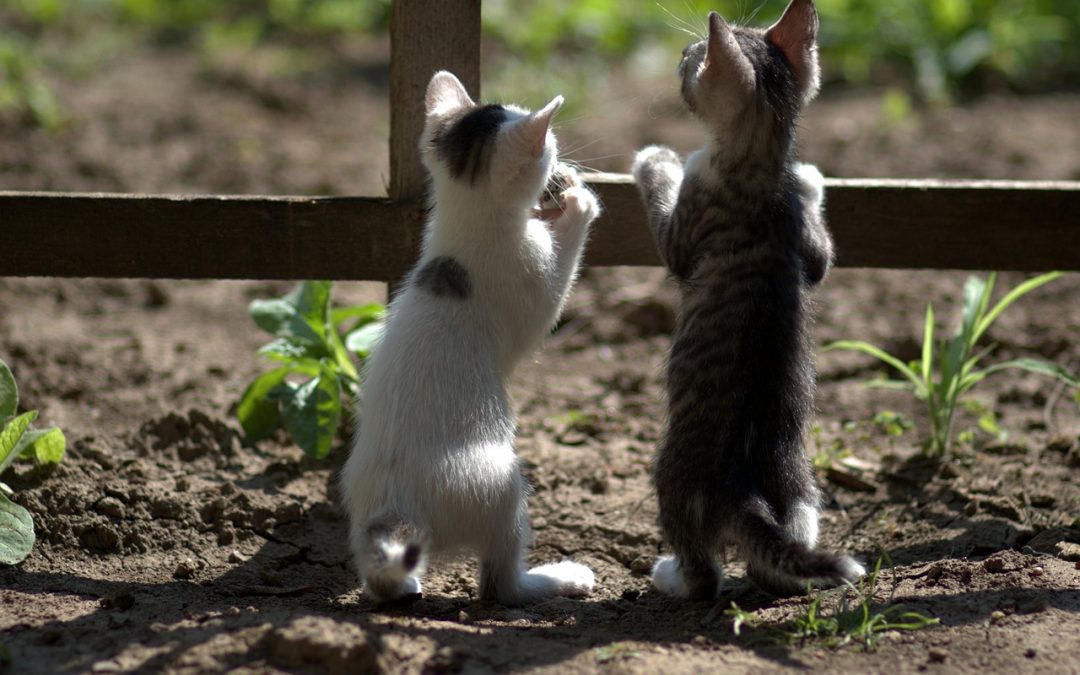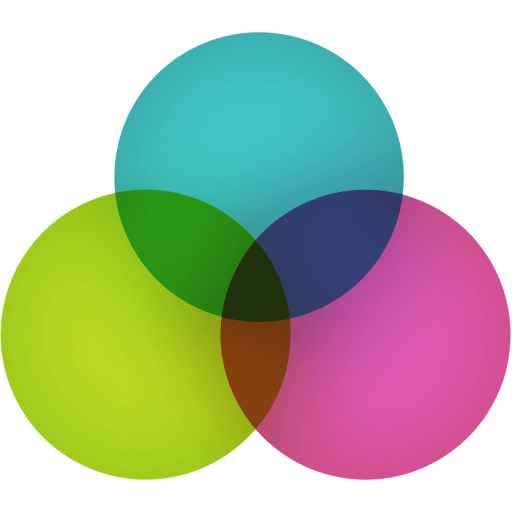
by Kay Spare Login | Nov 2, 2023 | be well, brain aim, mental health, next generation, NLP, parenting, psychology, resilience, work well, workingwithkids
Engineering The Mind
Working with young people (and their parents) means helping them understand the basics of designing a future self who is calm, confident, enjoying successful relationships, and is thankful for learning some basic secrets of happiness.
This process applies to any age!
“It is impossible to control any goal that requires other people to change.”
Case study: Lonely Lana
Moving schools had been a good decision for 14-year-old Lana but had left her yearning for her old group of pals. But her mind had played tricks on her, recalling the past in a kinder light, yet in truth, she had been quite unhappy with them. The NEW friendship group felt impermeable, and she came to see me asking for help with ‘social exclusion’.
We established that a couple of girls in the group were being really kind and friendly towards her, but this didn’t satisfy Lana and she found herself:
- Dismissive of easily available friendships.
- Keeping her sights fixed on getting attention from the big personalities.
- Negatively mind-reading the new group’s intentions.
- Negatively interpreting the body language of certain group members.
- Feeling awkward and self-conscious
- Fantasising that the old school friendship group was perfect.
We summarised our initial discussion in terms of her:
THOUGHTS – the group was unsure about her and viewed her with suspicion.
FEELINGS – self-conscious, unhappy, and awkward.
BEHAVIOUR – wanting to withdraw from the group.
Delving deeper into her thinking patterns she soon revealed some fundamental beliefs that were triggering her own unhappiness.
Trigger thoughts included:
“Making new friends is hard work and tiring”
“Why don’t they? …. (act the way I want them to act)”
“I have lost my perfect old friends”
These thoughts triggered her ‘feel-bad’ strategy.
She ran this strategy in her mind ‘on-repeat’.
Neural plasticity meant that those self-harming thoughts became automatic – because she had practiced paying attention to them.
Soon into our session, Lana realised that her true (unconscious) friendship goal had been to be the popular one amongst a large group of girls. But she didn’t yet realise that goal was impossible to achieve since it required:
- Exhausting effort to try to change the opinions and behaviours of others.
- The others to prioritise her needs above their natural ordering.
I invited her to understand that it is impossible to control any goal that requires other people to change. Trying to do that had been exhausting and frustrating, wasting energy and leading to disappointment in others and (self) generating feelings of unhappiness.
EXPLORING SOLUTIONS
I wondered if Lana could amend her friendship goal to “I want to feel relaxed and authentic around new people”. That would require her to expect nothing back from them, just to be curious and interested in the evolving relationships.
After all, a goal like this means being in charge of a goal you can actually control!
EXPERIMENT
We worked hypnotically to visualise Lana pitching up at school, looking for fun people to get to know while feeling relaxed, interested, humorous and happy. This imprinted a new neurological template which she could practise (through neural plasticity) until it became her autopilot.
FEEDBACK
We reframed her thinking so that SHE could reflect on, and positively adjust, her personal thoughts, feelings, and behaviours – it’s an inside job!
SKILLS
I taught her techniques for self-regulating wayward feelings.
FEED FORWARD
We looked through time to visit her future-self. The person who is calm, confident, enjoying a range of successful relationships, and thankful for learning some basic secrets of owning next-generation happiness.
Think this is just about children? Think again!

by Kay Spare Login | Jul 3, 2023 | be well, brain aim, kids, mental health, mind-body, resilience, work well, workingwithkids
Do you have your own definition of good mental health? Have you ever thought about this? What are your guiding principles?
According to the UK Mental Health Foundation, good mental health is:
- The ability to learn
- The ability to cope with AND manage change and uncertainty
- The ability to form AND maintain good relationships with others
- The ability to feel, express and manage a range of positive AND negative emotions
In which of these areas do you excel? And which one needs some development? Does this resonate with you?
I’m a big fan of wellbeing personal audits since all of these ‘abilities’ once brought to your conscious awareness, can be trained, and refined. Accountability helps balance the current trend of victimhood.
You probably know how important it is to get clarity about the future you are aiming your brain towards. Aiming your mind and body towards better mental health seems like time well spent, don’t you think?
With that in mind, I’ve adapted the MHF definition into an easy exercise to help you do review your own needs. I suggest you write out your answers as it has a stronger imprint on the sub-conscious mind.
- Is learning new things important for you? Is it easy? What would make it easier?
- How adaptable are you to change and uncertainty? Where in your life, would you like to grow more flexibility and how would the ‘future you’ benefit from doing this?
- Do you easily form new relationships? And how do you nurture longer term relationships? Where could you better connect with others?
- Are you comfortable with your full range of emotions? With which emotions do you need to get more comfortable? Which ones do you want more of and which ones do you need less of?
- Are you being the best you can be so that any time, any place anywhere you shine? Which aspects of your personal growth do you prioritise?
Is your ‘north star’ shining from the constellation called thrive?

by Kay Spare Login | May 31, 2023 | be well
Sean started planning a mountain hike.
Closing his eyes, helped him recall his past hikes.
Remembering the time when ill-fitting shoes had rubbed a blister into his heel, he decided to invest in boots more suitable for the task ahead.
Remembering the time when driving rain had leaked through the seams of his coat, he decided to find a waterproof coat more suitable for the task ahead.
Remembering the time when his head became very sunburned, he decided to pack a hat more suitable for the task ahead.
Closing his eyes once more he confirmed the feeling of attraction towards this forthcoming hiking challenge. And began mentally rehearsing required attitudes and abilities that would assist an exciting adventure.
Sean kept it simple. He checked his past experiences to prepare himself for the future he wished to welcome.
Sean’s hiking companion Stu however, was not feeling so enthusiastic about the forthcoming hike. On one hand he wanted to do it. But every time he thought about it his brain’s record of previous events (driving rain, foot blisters and sunburn) kept prompting thoughts like “it’s not fair… what if that happens again… that’s always my bad luck…” which in turn produced avoidance feelings. That overwhelm trapped him in a state of suffering. Stu agonised for many weeks about whether he should take another (sure to be) miserable hike or avoid it, only to be tormented by the thought of missing out on a day with his pal.
Contrary to Sean, Stu’s thinking processes were not at all simple.
Both Sean and Stu’s brains were preparing them to meet their futures.
Just like Dalia who told me “I knew I was going to tell you that (revelation), I sometimes think I’m psychic” and I thought to myself “if only she’d been conscious of that mental rehearsal”.
We are all heading into our futures, the question is ‘how’.
Defining, refining, and mentally rehearsing your future is a proven strategy for installing new circuitry in the brain, whether that’s to terrorise yourself into decision-inertia (like Stu) or to propel yourself into the next adventure (like Sean). The auto-pilot part of your brain doesn’t care either way, it just needs direction. So why not use the conscious part of your mind to meet an enhanced future that you’ll love meeting and being in?
Brain training is an art form to manipulate neural circuitry through hypnosis, visualisation, or even guided meditation. And NLP provides the perfect combination of conscious and non-conscious co-creation. Because that future you – is thanking you for making your past matter.

by Kay Cooke | Apr 1, 2023 | be well, mental health, mind-body, neurology, next generation, NLP, parenting, parents, psychology, resilience, workingwithkids
“I’m bored.”
Means “I don’t know what to do”?
Which implies “I need to know what to do”?
And therefore “please help me to avoid this feeling of uncertainty.”
TIME is the commodity and EMOTION is the currency; when we have time, we want to fill it will good feelings. And we can.
Yet a cruel outcome of fast-fix good feelings is ‘learned helplessness (“I’m bored – fix my feelings”)’ nourished by passive feel-goods like TV, social media, sugar, alcohol …
Phew!
Anxiety is dissolved by passive feel-goods. But not for long because we never resolve the nagging feeling that we dislike ‘that boredom space’.
Such a shame!
So many people feeling miserable and trapped within the solutions of quick-fixing profiteers.
Because!
Our brains are so easily trained, wired and re-wired.
Rewired by passive learning (the less aware we are of the boredom programming, the easier the acceptance).
Rewired by active learning and creative engagement with boredom to experience new and novel handling of uncertainty:
problem solving – how will I make that old sofa more comfortable?
creation – what kind of meal can I make out of these ingredients?
imagination – what will my garden look like if I dig up the flower bed?
experimentation – which windowsill has best suited my house plant?
exploration – let’s visit that woodland walk I heard about.
discovery – which food upset my digestion?
role play – how does it feel to pretend to be like my favourite calm person?
learning – which thoughts motivate me most?
Boredom!
Provides training ground for THRIVING through adapting and adjusting to difficulties and disappointments. Thriving brains know more conscious CHOICES.
Boredom!
Also provides training ground for SURVIVING through having our attention controlled by someone else. Surviving brains revert to auto-pilot and can’t make conscious choices.
Boredom!
Is a curious description of a state of human consciousness where there is space to be trained into helplessness and survival behaviour, or it is a space to build resourcefulness and resilience for a thriving future.
Thrive!
Let your children – and your own inner child – handle boredom actively …

by Kay Cooke | Jan 30, 2023 | be well
“If you always do what you always did, you’ll always get what you always got.”
Henry Ford
Does that make sense to you?
Where are the ‘problem-repeats’ in your life?
You know it’s often easier to notice those patterns in other people’s lives, but when you cast your your mind back through your timeline, which problems keep repeating?
Did you ever try to change them?
Did you ever find a really good coach to help you harness the superpower of imagineering?
Your future starts in imagination – whether you are imagining what you are going to do later today, tomorrow, or next year – you’re setting your brain’s GPS.
We walked on the moon thanks to someone’s imagination. Yet some people terrorise and limit their future selves with wayward imaginineering! And so it needs to be harnessed and handled with precision. NLP is an amazing tool to help you do this easily.
For now, you could start by imagining what would happen if a mysterious force extinguished ‘problem-repeats’ from your world and breathed new life-energy into your life. What differences shine through? What does not change at all?
Imagination is a super skill, learn to use it with super precision. Isn’t it time to shine?







Recent Comments